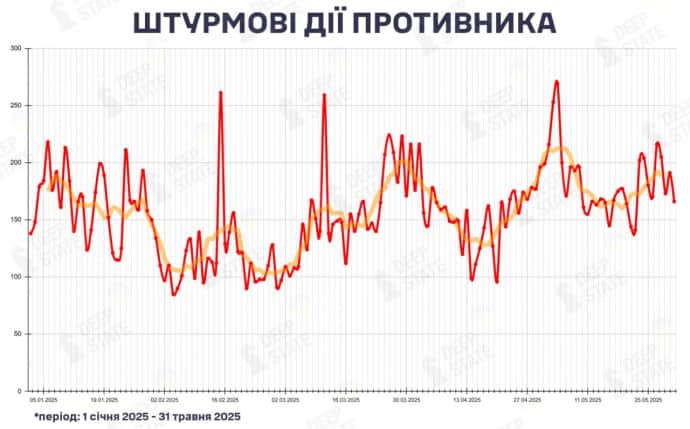Disciplined, curious, courageous: the identikit of the « smart » investor who knows how to resist buff

Jason Zweig, journalist of the Wall Street Journal author of a very follow -up column on savings: «I don’t know whether to abandon Wall Street for fear of Trump’s policy is a good idea. And nobody can know if the next thirty years will be good or terrible. Today being on the markets is simple, just a click, but also difficult. You have to diversify, minimize costs and re -finance the wallet every now and then «
Daniel Kahneman, the psychologist who died a year ago who with his research on how people make decisions won the Nobel for the economy and is considered the founder of the economy and behavioral finance, has never said that investors are irrational. Jason Zweig, a journalist with decades of experience on savings and stock exchange, author of the address book of Wall Street Journal « The intelligent investor »during a meeting with The economy In New York, where he lives. Zweig knew Kahneman well because among other things he worked with him two years by helping him in the preparation of his bestseller Slow and fast thoughts.
Today many managers of financial assets and consultants have adopted the terms of the behavioral economy. For example, they say that the market is irrational because it is too expensive or too underestimated …
«The idea that the market is irrational is a marketing tool, it serves to convince customers to trust the managers and consultants who would instead be rational. Instead, I think that the prices of the actions are rather accurate most of the time, but sometimes they are not ».
But this is the thesis for which the markets would be efficient: Didn’t Kahneman be dismantled?
« He has only shown that the idea of rationality of people’s behavior in economic issues, as he was defined by traditional economists, was not realistic. In fact, people are inconstant, today he says one thing and tomorrow another. We are emotional, human, imperfect. But by interpreting the behavioral economy well we can predict our mistakes enough and try to avoid them ».
Instead, an incorrect interpretation prevails?
« For commercial reasons, the savings industry uses a super -simplified behavioral economy: it says it is a window from which you can see » crazy « that move market prices, but if you follow the consultant or intelligent manager you will not make the same mistakes. It’s not a window, it’s a mirror where you should see yourself and even those who claim to be intelligent ».
Speaking of investors’ errors, what is the worst?
«It is the excess of self -confidence, the presumption of knowing more than others, of being better. And so if you buy a popular action and its prices go up, you think you are a genius, but that profit is not proof that you are good. Tomorrow the prices can go down ».
His column is titled as Benjamin Graham’s book, considered by Warren Buffett the best ever written on investments. She edited a new edition published last October. In a nutshell, how do you define an intelligent investor?
«It is those who are disciplined and independent. But being it has never been as difficult as today. It is a paradox: technically it is very easy, you can do it with a click from the mobile phone, while when I in the seventies, as a boy, I started buying actions, I had to call a broker, who took the order and then recalled me for confirmation and had to send me home by post the transaction documents. But today we are bombed by news via social media and video streaming ».
« You have to set your own investment policy with precise rules, for example: diversify with a certain asset allocation, keep the same positions for a tot of years. Better to write it, explaining the reasons, as if it were a contract with oneself. And not to make decisions by mixing political beliefs and wallet ».
There are those who leave Wall Street for fear of the rates of President Trump: is it good?
“I don’t know if it’s a good idea. Those who want to do it should do it gradually and above all establish in advance when and why to return to the bag. After the November elections, Wall Street had risen to historical records because investors expected tax cuts and regulation, while they believed that Trump would not really impose rates. A good idea is to diversify on global markets, don’t bet everything on Wall Street ».
Is it right, however, never selling actions thinking that in the long term they will go up?
“Unfortunately we don’t know what the long term will be. The next 30 years could be terrible, as were between 1915 and 1945. Or not. A good rule is not to decide great changes in your wallet based on news titles. In other words: investing is simple but not easy ».
«It is simple: just diversify, minimize costs, re -finance the wallet periodically. For example, 90-95% of the portfolio in indexed or ETF funds can be invested and the rest focus on a few securities that can be underestimated or on non-financial assets such as properties. But it is not easy, because then the great financial crisis of 2008-2009 broke out or because Putin invades Ukraine or because Trump arrives and then the good intentions are overwhelmed by emotions ».
After the book Your money and your brain On the new frontier of neuroeconomics (neuroscience more psychology and economics), is working on a new project?
« Yes. Another book, which will be released at the end of the year, on the virtues of the intelligent investor, which are seven: curiosities, skepticism, independence, discipline, patience, humility, courage. The beauty is that we can all cultivate them with practice. Buffett also said he had to train to make them his own ».







